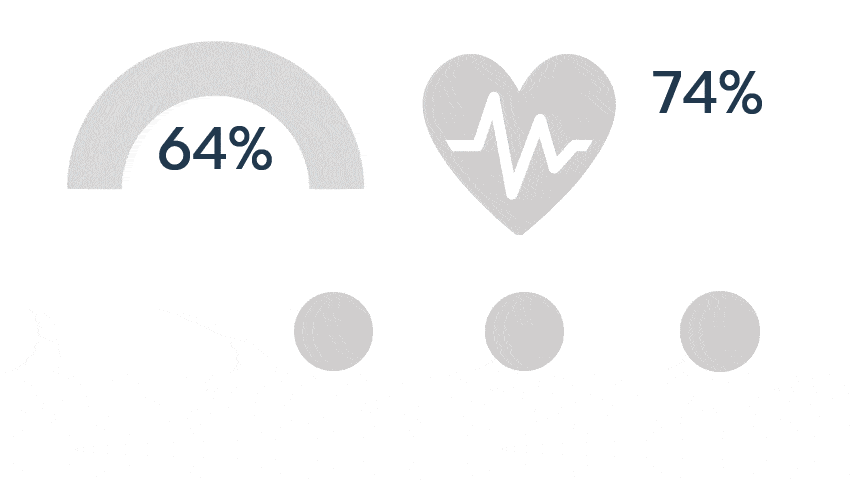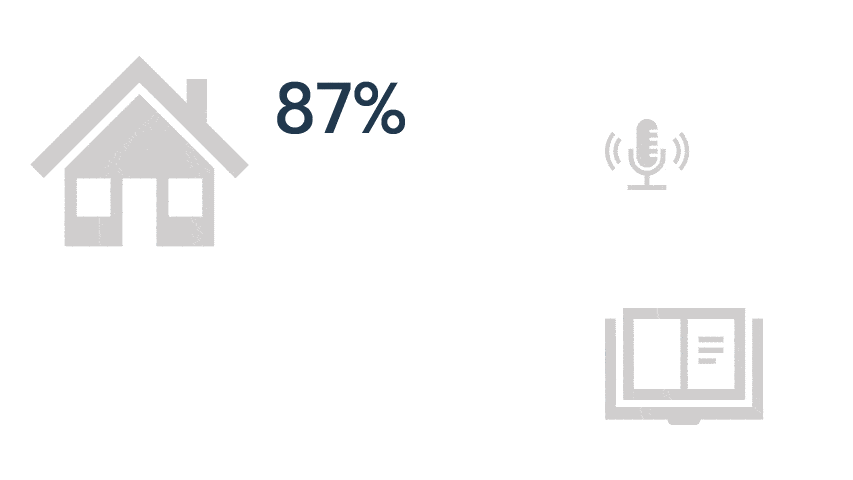Looking beyond SDG7: wider socioeconomic benefits of off-grid solar
 To do this, we commissioned Altai Consulting to conduct more than 1,000 interviews with customers of solar provider Green Light Planet (GLP) in Kenya. We have supported GLP since 2016 with co-funding from the UK Government and USAID. The off-grid solar industry has been widely covered by research efforts from international organisations and academics alike. However, we wanted to see in depth the broad socio-economic impacts of solar home systems on low-income populations, beyond simply access to energy (SDG7).Almost half of customers interviewed live on less than $3.20 per day, the World Bank poverty line for lower middle-income countries. The majority of households rely on agriculture for their livelihood. They use the SHS at home for lighting and phone charging.
To do this, we commissioned Altai Consulting to conduct more than 1,000 interviews with customers of solar provider Green Light Planet (GLP) in Kenya. We have supported GLP since 2016 with co-funding from the UK Government and USAID. The off-grid solar industry has been widely covered by research efforts from international organisations and academics alike. However, we wanted to see in depth the broad socio-economic impacts of solar home systems on low-income populations, beyond simply access to energy (SDG7).Almost half of customers interviewed live on less than $3.20 per day, the World Bank poverty line for lower middle-income countries. The majority of households rely on agriculture for their livelihood. They use the SHS at home for lighting and phone charging.

The research shows evidence that solar home systems, by providing access to energy (SDG 7), are also contributing to good health and well-being (SDG 3), quality education (SDG 4), gender equality (SDG 5), decent work and economic growth (SDG 8), reduced inequalities (SDG 10), climate action (SDG 13) and peace, justice and strong institutions (SDG 16).
Download the full report [pdf, 2mb]
The study shows that the impacts of solar home systems on a households’ life are very diverse. On average, solar home systems double the hours of light available to a household, while also helping to reduce more than 75% of total kerosene use. They enable children to spend almost two extra hours per day doing homework. Owners overall feel healthier and safer thanks to the system.

The research was conducted before the Covid-19 pandemic struck and large parts of the population were prevented from travelling. In that context, it is relevant to note that households are also increasingly connected to information, as they double the time spent listening to local news.
Impacts of off-grid solar products and services are felt most strongly among poorer households and households where women are the main users of the system. The overwhelming majority of households are satisfied with their decision to purchase their solar home system hinting to an overall net socio-economic impact.
Download the full report [pdf, 2mb]
[1] GOGLA. (2019). Global Off-Grid Solar Market Report Semi-Annual Sales and Impact Data.
















